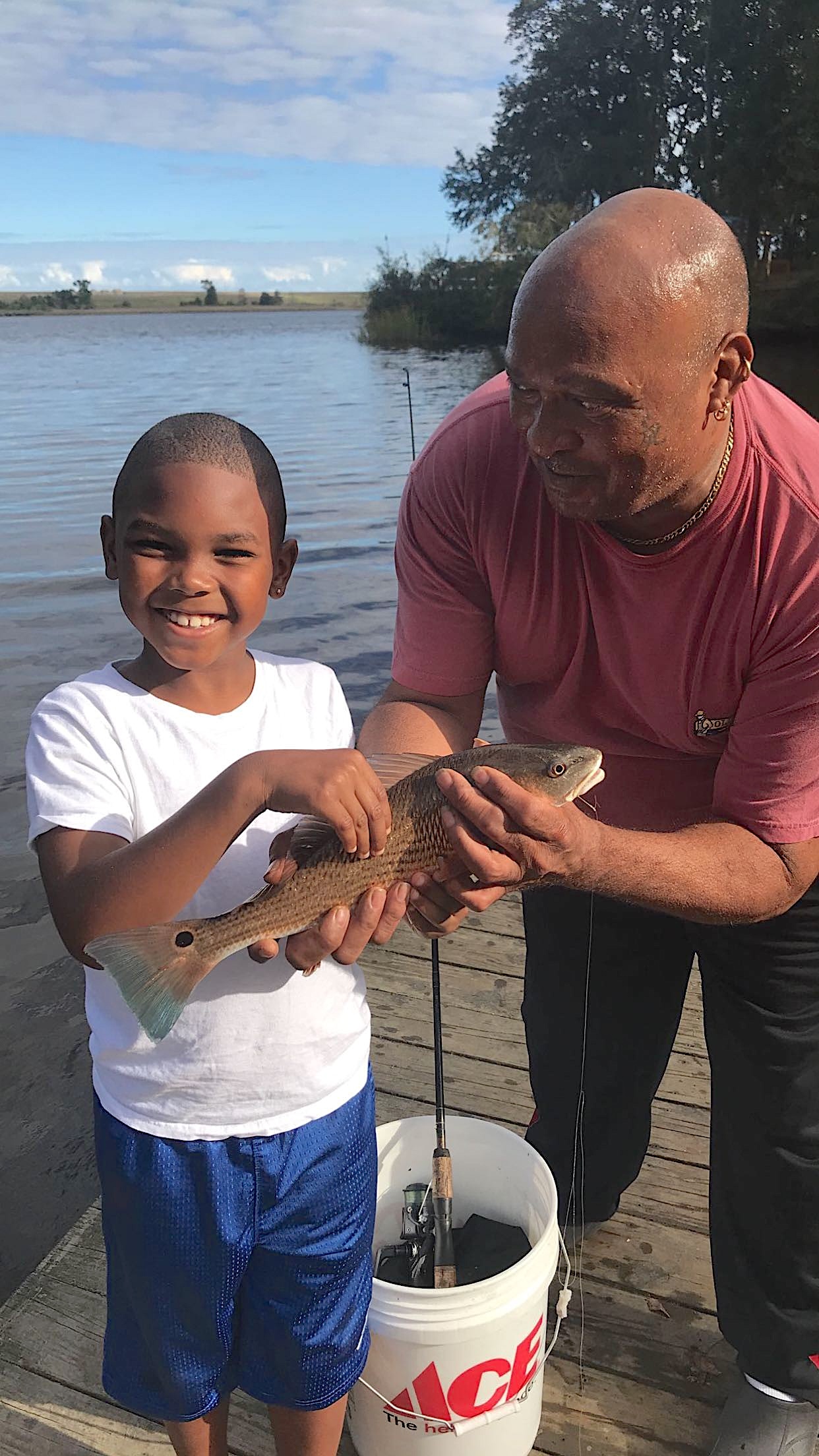By Freda Freeman
Correspondent
Just as in life, the last thing Tyrone Berry did before his death was to show love. But this time it wasn’t toward family members or loved ones. It was toward complete strangers.
When Berry, 63, of Carolina Shores, died on May 30, he donated his organs so that others may live. “Signing up to be a donor, it’s more than checking a box. It’s really an act of love, and I feel like that’s what that heart [on your driver’s license] means because you’re showing a true act of love to someone. Whether it’s someone being able to walk their daughter down the aisle, someone seeing their kids graduate or grandparents getting to see their grandchildren, it’s a true act of love,” said his daughter, Tyrisha Berry, of Raleigh.
Tyrisha Berry said her father saved the life of a 51-year-old woman with a liver transplant. “In the midst of grief, knowing that a part of my loved one lives on to help others is a deep sense of comfort and meaning. I basically had the power to turn loss into hope. It strengthens me every day knowing my dad did that, and I’m a part of that,” she said.
A heart symbol on a driver’s license identifies the person as an organ donor. Berry signed up to be a donor on Aug. 26, 2019.
Tyrisha Berry said she was shocked when she learned her dad was a designated organ donor, but, at same time, she was not surprised because “my dad was a stand-up guy you could call on for anything. My dad would give you the shirt off his back.”
Berry, who suffered cardiac arrest the week of his death, was not only the first Black person, but he was the first-ever organ donor at Columbus Regional Healthcare System in Whiteville in 90 years. Inspired by Berry’s story, other people have since signed up to be donors.
Historically, organ donations occur at larger hospitals with larger critical units and trauma centers. Grassroot efforts are being made to increase donations at smaller hospitals like Columbus Regional Hospital, said Honorbridge CEO Danielle Bumarch. Honorbridge, the largest organ procurement organization in the state, works to recover donated organs, eyes and tissue from deceased donors for transplantation.
August is National Minority Donor Awareness Month. African Americans constitute 14% of the U.S. population, yet they represent more than 27% of the national organ transplant waitlist. Black people are three times more likely than white people to need a kidney transplant, yet they are significantly underrepresented among registered donors, according to the U.S. Department of Health and Human Services Office of Minority Health.
More than 4,000 people in North Carolina are on the transplant waitlist. Over half are minorities.
The need for donated organs among minorities is more critical than ever. HonorBridge is working with HBCUs, civic organizations, and sororities and fraternities on public education campaigns to increase donations among African Americans, Bumarch said.
“In North Carolina, the need is really great. It’s over 50% of the waiting list, over 2,000 of our 4,000 patients are minorities. It’s 90% of the kidney waiting list; that’s the most needed organ that really hits that population. Nationally, the need is about 70%, so our need is greater here for those minority populations,” she said.
“In 2024, 70% of the kidneys were transplanted into minority populations. Sometimes kidneys and pancreases are transplanted together because of renal failure and diabetes. In those cases, 90% went to minority populations. It’s important to know that those gifts do come back to their population, and especially with kidneys, it’s best to have a match like that.”
Allen Thomas, an HonorBridge family support coordinator, has been at the bedside with families for over 12 years as they make the devastating decision to withdraw life support after a loved one has been declared brain dead. Thomas said it’s a blessing when a family knows their wishes.
“I see families struggle trying to understand what would their loved one want to do whenever they’re not registered. It’s a gift to the family to know what the deceased wishes rather than let the family grapple with that decision. When family members place that heart on their license and make their decision known, they are really giving their loved ones a gift,” Thomas said.
Visit honorbridge.org or donatelifenc.org for more information.

